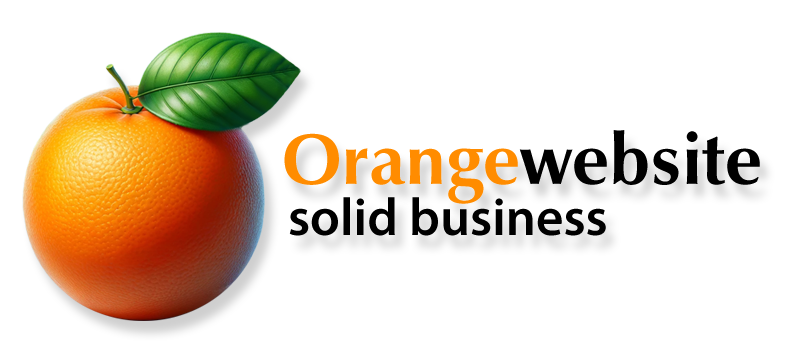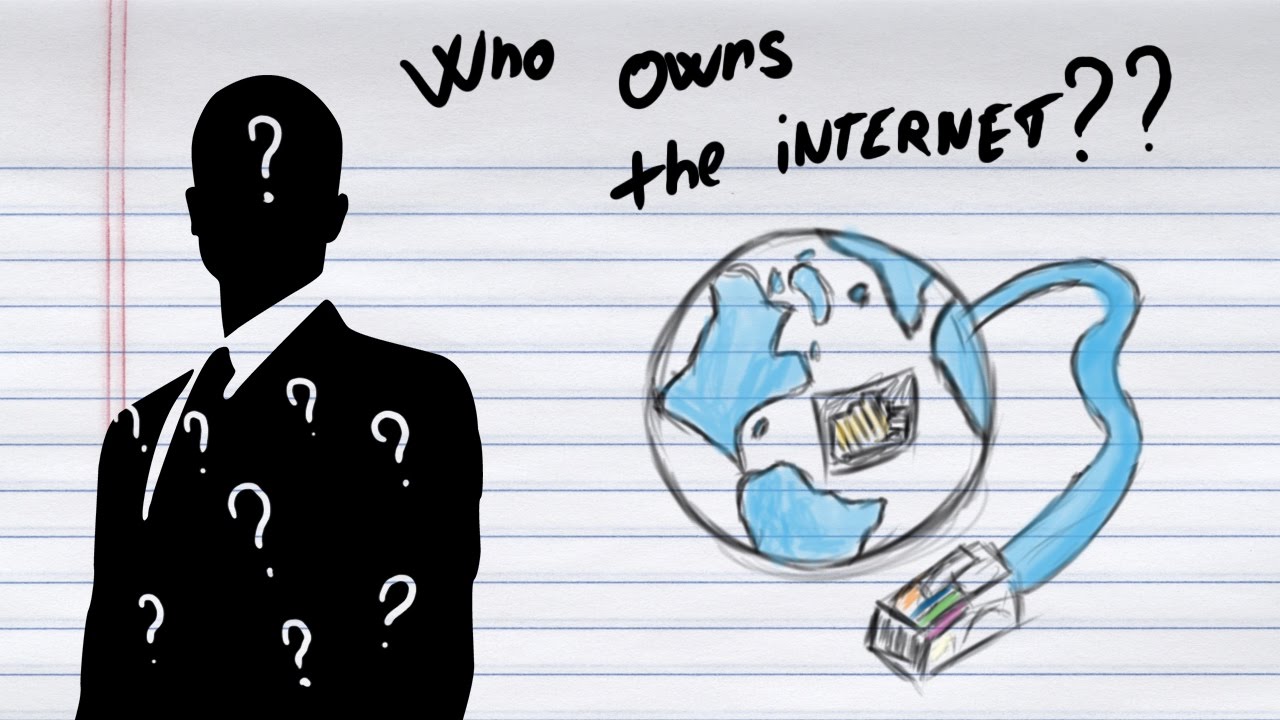Just Who Owns the Internet?
Some connect to it, some surf it, and others are addicted to it. We use it to keep up-to-date and to stay connected. It has been referred to as the web. the ‘net, and the world-wide-web. It, of course, is the internet. But just what is “it”? What are its components, what is it most often used for and just who, after all, owns the internet?
You may be in for some surprises.
Components of the Internet
The internet is an increasingly large network of wires and wireless systems that serve to connect a variety of devices that communicate with each other through a set of common language protocols. Today, it is actually a network of networks that are all interconnected in a web-like fashion.
The internet can be best described as a network but to be functional the network needs a language and hardware to make it useful.
There are, of course, wired and wireless aspects to the internet. You may have cable television that connects you to the internet or cell towers that accomplish wireless cellphone connectivity. Overseas connections may be accomplished through fiber optic cables running along the ocean floor or through satellite or radio transmissions.
Hardware is generally divided into clients or servers. Clients include hardware that makes use of data found on the internet like a desktop or laptop computer, cell phone or printer. Servers are devices that store information and software that allows this information to be shared among client devices.
The language of the internet is so critical in its functionality that it is generally accepted that it wasn’t until Transmission Control Protocol (TCP) and Internet Protocol (IP) was created as the protocol suite, (TCP/IP) in 1982, that the internet was “born”. The Internet Society offers a more in-depth look at this history of the internet for those interested in pursuing more details.
Major Uses of the Internet
Recent statistics show that just over 25% of all communications on the internet are conducted in English. Chinese is second at about 20% with 8% of users speaking Spanish. China, with over 730 million online users, has the most internet users followed by India, with over 460 million users. As far as the United States is concerned, the country has 289 million online users, accounting for an almost 90% penetration rate. Worldwide, it is estimated there are over 3.5 billion internet users. What are all these people using the internet for?
If the world’s most visited websites are any indication, the internet is mostly used to gather and share information. Google is the most often visited site on the planet followed by YouTube and Facebook. It is interesting to note that about 51% of all internet traffic in 2017 was performed by some form of “bot” while about 49% was from human activity.
Like previous media, advertising has found its place at home on the internet. Spending in 2017 on internet marketing exceeded that of television for the first time.
Who Owns the Internet?
What makes this such an interesting question is the answer may depend on why the question is being asked.
If it is being asked to determine who has control of the internet, “control” is most often a result of government regulations. In this case, governments control the internet in their own countries, usually based on how “free” that country may be. According to the non-profit group Freedom House, the five most restrictive countries regarding freedom on the internet include:
- North Korea
- Iran
- Ethiopia
- Cuba
- China
North Korea has more of an intranet than internet with only a few dozens North Korean approved websites available on their edition of the ‘net. Orangewebsite.com recently published an article on The Most Internet Restrictive Countries on the Planet.
While individual countries can regulate internet access and use, and they can even jail citizens for internet posts, they don’t “own” the internet in the true sense. The reality is, the internet exists for the good of those who participate in its functionality. You may “own” your own section of the internet with your personal electronic devices but likely pay for access to the world wide web. You may pay for access to one of many large telecommunications companies who has invested in the “backbone” of the internet. These companies include giants like AT&T, Comcast Xfinity, Time Warner, Charter Communications, Verizon, and others. These are names that are seemingly constantly in the news regarding mergers and acquisitions as they position to combine themselves with content companies to provide more attractive “packages” for consumers.
On the server side, millions of companies pay to lease server space so their websites are reliably available to consumers and potential customers who may be interested in what these companies are offering. This is one of the functions that Orangewebsite.com plays in our role on the internet.
What is Orangewebsite.com’s Role on the Internet?
When a large or small company wants to make an impression on the internet with a website, that website must be reliable and quickly accessible. It must offer conveniences consumers are comfortable with like secure payment systems and security in general. It needs to offer mobile capabilities and have a technologically adept team to keep servers and equipment running at peak performance at all times. It should always make available the latest software and add on’s both clients and consumers expect. At Orangewebsite.com, we are committed to all of these and more. We provide “green”, environmentally friendly hosting in Iceland, a country with abundant renewable energy resources and a government commitment to a free, non-intrusive role on the internet.
If you are interested in co-location and hosting services, we invite you to learn more about us and our role in offering a more green, free internet. We invite you to contact us at Orangewebsite.com. The more you know about the internet, hosting, and the importance of the environmentally friendly use of technology, we think the more likely it is you will choose Orangewebsite.com.


Recent Comments